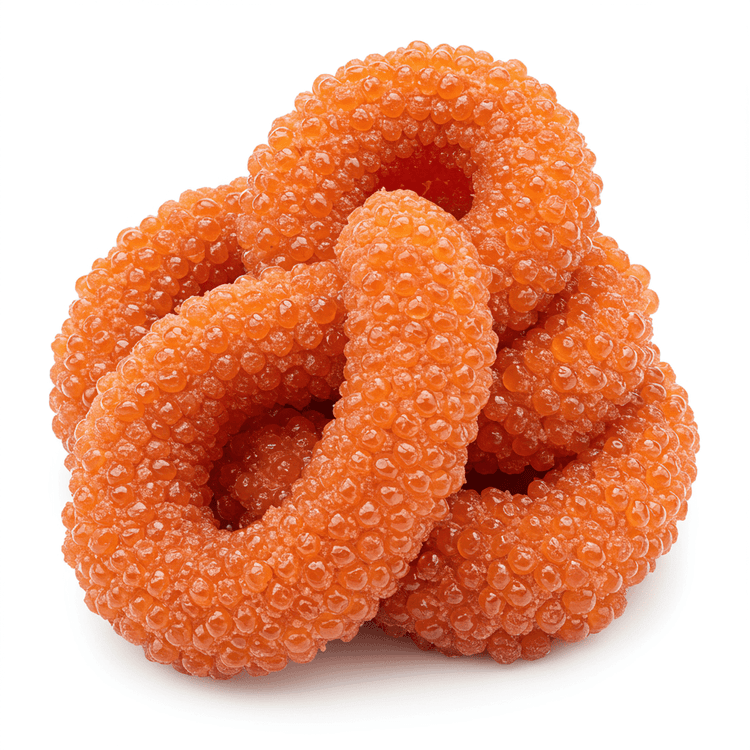
Bottarga
Bottarga is a delicacy made from cured fish roe, typically from mullet or tuna, and is prized for its rich, briny flavor and firm yet crumbly texture. This amber-hued ingredient is often referred to as the 'Mediterranean caviar' and adds a savory, umami-packed depth to dishes. Bottarga is typically sold in solid blocks or grated form, making it versatile for both grating over dishes or slicing thinly. Its unique taste and luxurious appeal make it a sought-after ingredient in Italian, Sardinian, and other Mediterranean cuisines.
Common Uses
- Grate bottarga over pasta dishes, such as spaghetti or linguine, to add a salty, umami-rich flavor that enhances simple olive oil or garlic-based sauces.
- Slice bottarga thinly and serve it as an appetizer with olive oil, lemon juice, and crusty bread for a traditional Mediterranean antipasto.
- Incorporate grated bottarga into risottos or seafood stews to deepen the flavor profile and add a touch of luxury.
- Sprinkle bottarga over scrambled eggs or omelets for a gourmet twist on breakfast or brunch dishes.
- Use bottarga as a garnish for salads, particularly those with citrus or fennel, to balance the freshness with its savory, briny notes.
- Pair bottarga with raw or cured fish dishes, such as carpaccio or tartare, to enhance the seafood flavors with its concentrated taste.
Health Benefits
- Bottarga is a rich source of protein, making it a great addition to meals for those looking to increase their protein intake.
- It is packed with omega-3 fatty acids, which are beneficial for heart and brain health.
- Bottarga is naturally high in essential vitamins and minerals like vitamin D, selenium, and zinc, supporting overall wellness.
- Its intense umami flavor enhances dishes without the need for excessive salt or additional seasonings.
- Bottarga is often used in Mediterranean diets, which are known for their health benefits and focus on fresh, nutrient-dense ingredients.
Substitutes
Chefadora AI is here.
Experience smarter, stress-free cooking.
Storage Tips
Store bottarga in a cool, dry place if it is whole and vacuum-sealed. Once opened, wrap it tightly in plastic wrap or parchment paper and refrigerate to maintain its freshness and flavor. For grated bottarga, keep it in an airtight container in the refrigerator. Avoid exposing it to moisture or strong odors, as it can absorb them easily. Properly stored, bottarga can last for several months.
Marnirni-apinthi Building, Lot Fourteen,
North Terrace, Adelaide, South Australia, 5000
Australia

